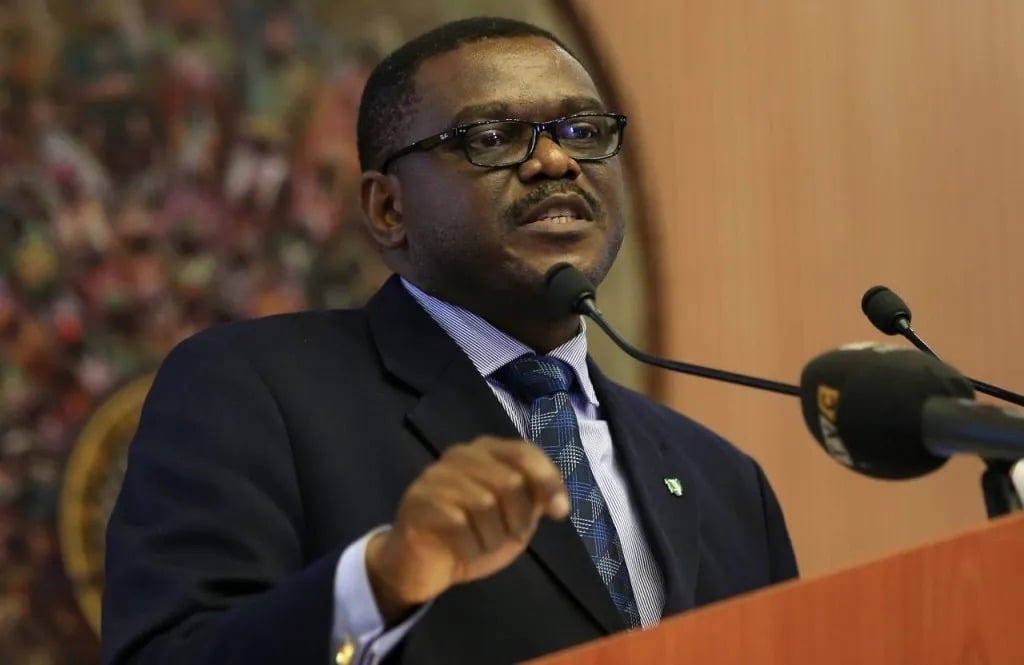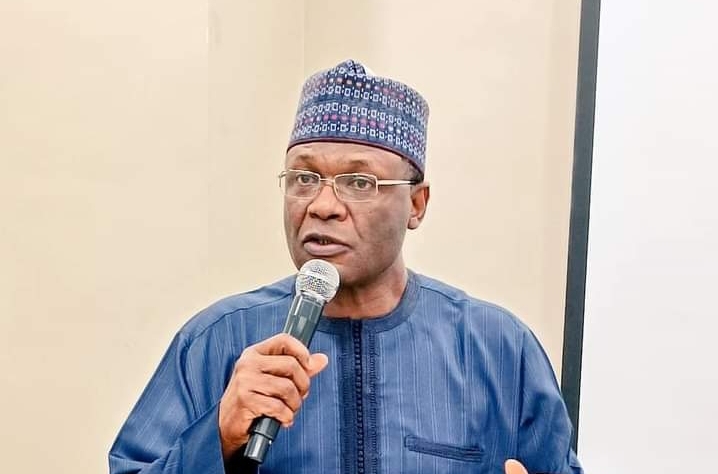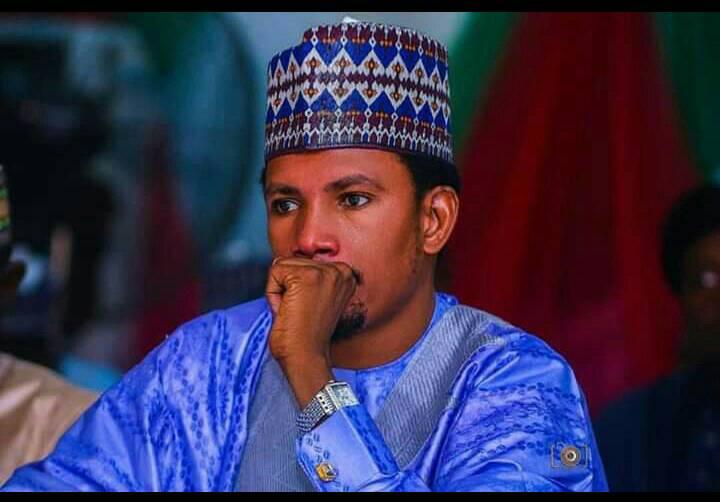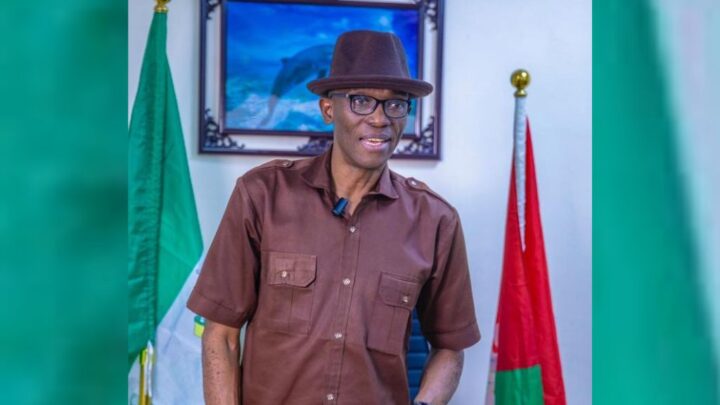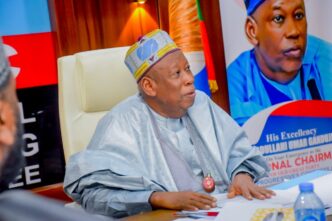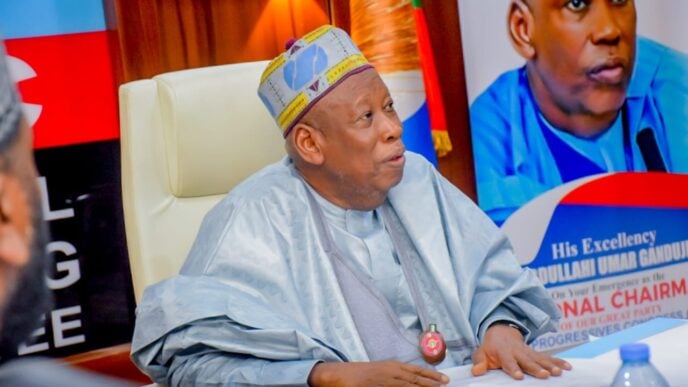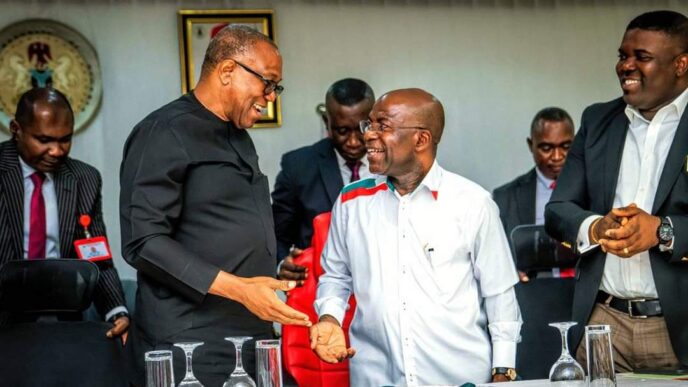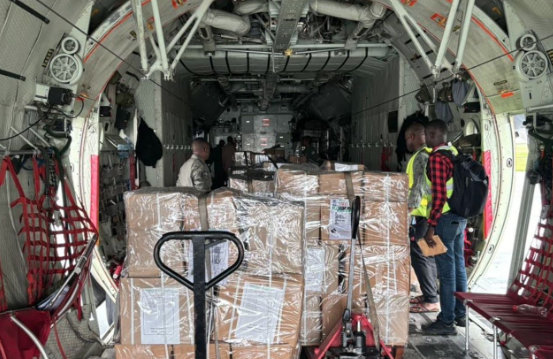Onyebuchi Chukwu, former minister of health, has recounted how he and Mohammed Bello Adoke worked together to renegotiate a deal to establish Biovaccines Nigeria Limited (BVNL), a vaccine manufacturing company.
Chukwu served as the minister of health from April 2010 to October 2014 while Adoke was attorney-general of the federation and minister of justice from April 2010 to April 2015.
The former minister spoke on Friday when he appeared as a guest on Laolu Akande’s ‘Inside Sources’, a socio-political programme aired on Channels Television.
During the interview, Chukwu lamented that Nigeria has not done well of late in the production of vaccines.
Advertisement
He narrated how he kickstarted the process of resuscitating Nigeria’s joint venture agreement with May & Baker Nigeria Plc to establish BVNL.
BACKGROUND
Nigeria produced vaccines at the Federal Vaccine Production Laboratory in Yaba between 1941 and 1991, with some of the products imported to neighbouring countries.
Advertisement
However, the federal government stopped production at the Yaba facility in 1991.
In 2005, BVNL was incorporated as a company to revive Nigeria’s production of vaccines. The company was a joint venture between the federal government and May & Baker Nigeria Plc.
May & Baker Nigeria Plc owned 51 percent while 49 percent was owned by the federal government.
‘HOW THE BVNL JV AGREEMENT WAS REVIVED’
Advertisement
Chukwu said the joint venture agreement was put on hold during the administration of former President Umaru Musa Yar’Adua.
He said May & Baker had instituted a legal suit against Nigeria over breach of contract.
The former minister said he was advised to revive the joint venture agreement when he assumed office in 2010.
He narrated how he consulted Adoke for legal advice on how to revive the JV to avoid legal complications.
Advertisement
“But when I came on board some of the ministry’s directors advised that it would be good if I resuscitated it,” he said.
“I consulted widely. I was advised to get in touch with the attorney-general because there were some legal issues that were being raised regarding the arrangement between the federal government and May & Baker.
Advertisement
“I contacted my colleague (Adoke), who took some time in fact, a number of weeks to study it (the joint venture agreement). That was Adoke, and in the end, he said there were a few things we needed to do.
“Of course, time was of the essence because that agreement was almost terminated, after a number of years. So we needed a new agreement, the original one provided for renegotiation. It was a good programme.
Advertisement
“Most of the issues that they (May & Baker) were asking were about the valuation of the land. Under Obasanjo, they had used a private valuer. So they asked the government to be the valuer.
“So I contacted my colleague in the ministry of lands and housing as it was then known, and the ministry went ahead to value it. Ministry of health paid for it. They gave us a report.
Advertisement
“In addition to that and the attorney-general’s report, I then wrote to the president to make my case clearly and the president approved it that we should go ahead but in conjunction with the ministry of justice
“By then, May & Baker had gone to court for breach of contract. We were able to persuade them to withdraw the court case. They were happy to do that and together we started (renegotiation). I left before it was concluded.
“I was happy that during President Buhari’s term that matter was completed.”
The former minister added that although the joint venture agreement is “back on track”, the facility has not started the production of vaccines.
TIMELINE OF DEVELOPMENTS
In 2017, the federal government signed a memorandum of understanding (MoU) with May & Baker for vaccine production.
A year later, a seven-member board of directors was inaugurated, with three members from the government and four from May & Baker.
In September 2022, the federal executive council (FEC) approved the production of vaccines in commercial quantity to support routine immunisation programmes in the country.
Osagie Ehanire, then minister of health, said the initiative was a joint venture between BNVL and Serum Institute of India, an Indian biotechnology and biopharmaceuticals company.
Ehanire had said the approval was limited to routine vaccines and not the COVID-19 vaccine.
In December 2022, May & Baker Nigeria announced that BNVL would commence the production of vaccines before the second quarter of 2023.
Add a comment
